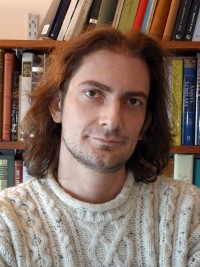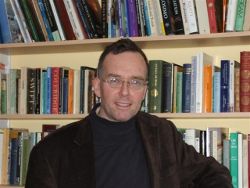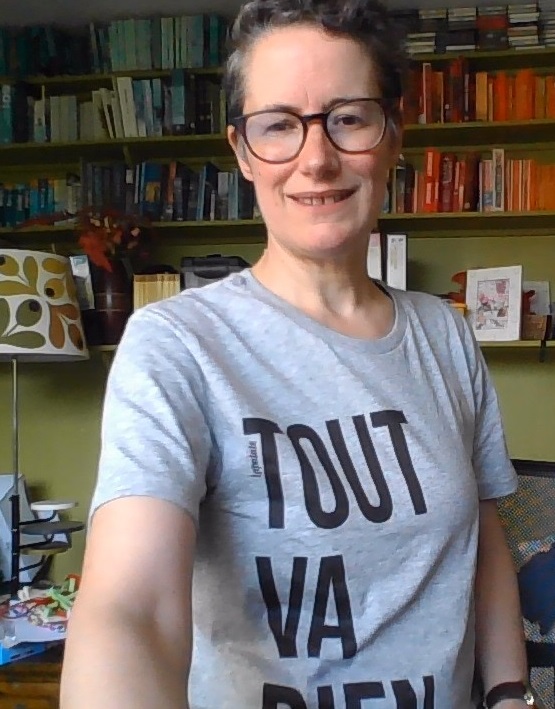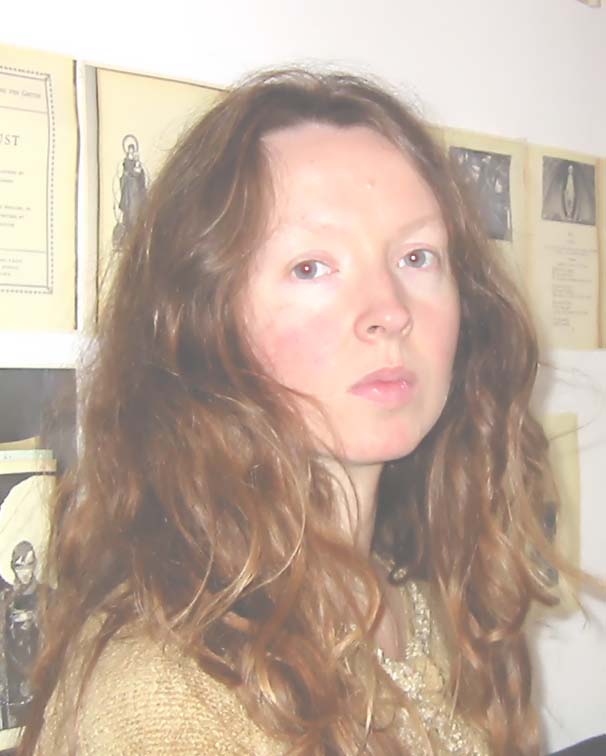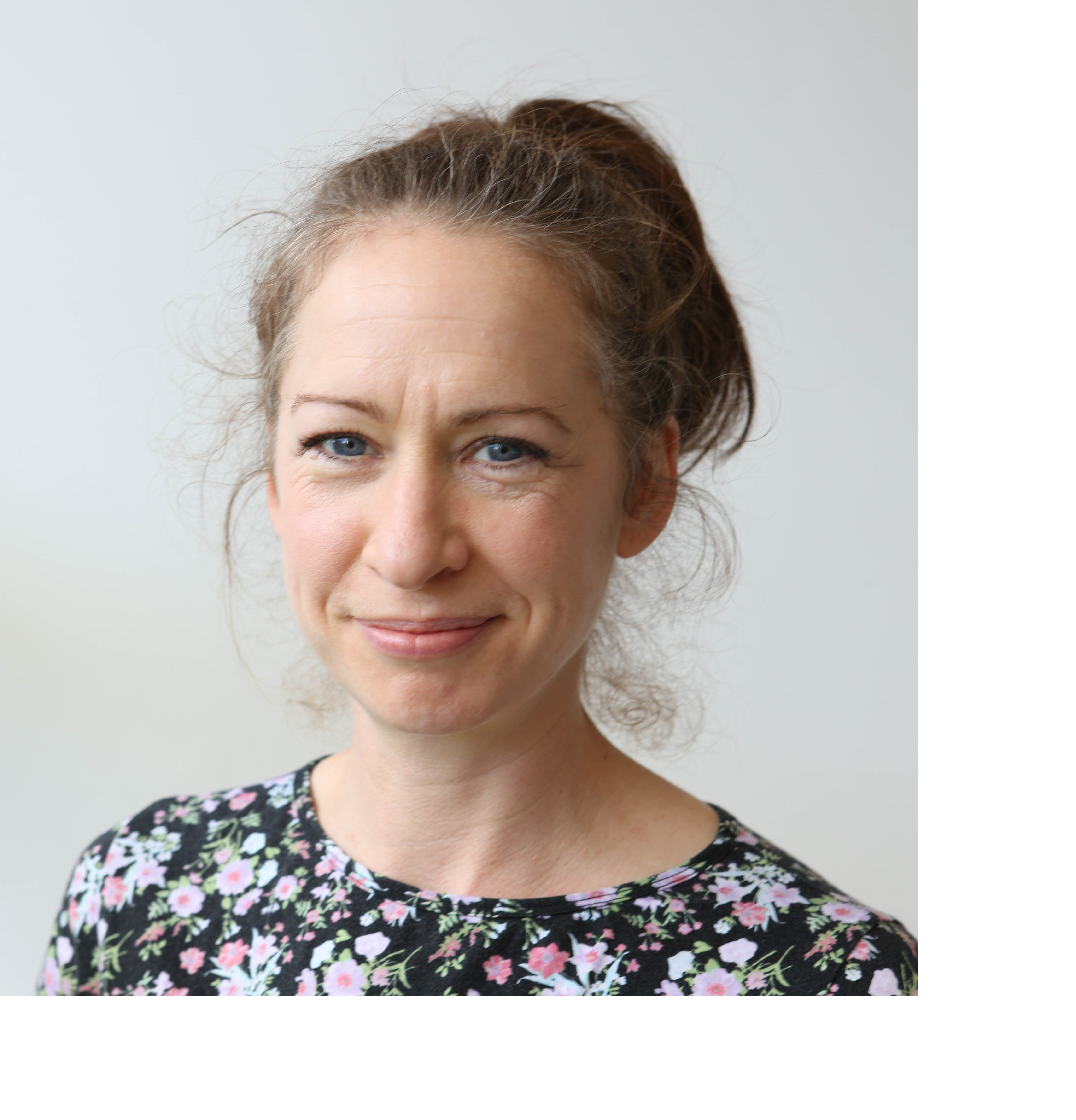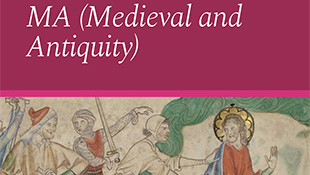-
Courses

Courses
Choosing a course is one of the most important decisions you'll ever make! View our courses and see what our students and lecturers have to say about the courses you are interested in at the links below.
-
University Life

University Life
Each year more than 4,000 choose University of Galway as their University of choice. Find out what life at University of Galway is all about here.
-
About University of Galway

About University of Galway
Since 1845, University of Galway has been sharing the highest quality teaching and research with Ireland and the world. Find out what makes our University so special – from our distinguished history to the latest news and campus developments.
-
Colleges & Schools

Colleges & Schools
University of Galway has earned international recognition as a research-led university with a commitment to top quality teaching across a range of key areas of expertise.
-
Research & Innovation

Research & Innovation
University of Galway’s vibrant research community take on some of the most pressing challenges of our times.
-
Business & Industry

Guiding Breakthrough Research at University of Galway
We explore and facilitate commercial opportunities for the research community at University of Galway, as well as facilitating industry partnership.
-
Alumni & Friends

Alumni & Friends
There are 128,000 University of Galway alumni worldwide. Stay connected to your alumni community! Join our social networks and update your details online.
-
Community Engagement

Community Engagement
At University of Galway, we believe that the best learning takes place when you apply what you learn in a real world context. That's why many of our courses include work placements or community projects.
Medieval and Antiquity (MA)
Course Overview
This cross-disciplinary programme, unique in Ireland, provides students with a firm foundation in the study of European—including Irish—cultures, languages and societies from the Classical period to the end of the Middle Ages. The course’s interdisciplinary requirements encourage students to view the past in a multidimensional way while they learn core linguistic and other technical skills necessary for academic research in the Antique and Medieval worlds.
Applications and Selections
Applications are made online via the University of Galway Postgraduate Applications System. Selection is based on applicants’ academic records, academic references stating their potential for completing a research project, as well as samples of applicants’ written work.
Who Teaches this Course
Please click here for details of who teaches this course.
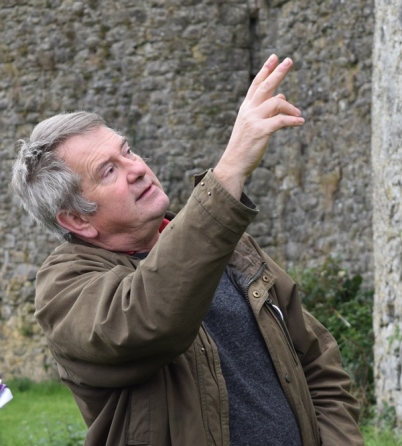
Dept. of Archaeology
Room 213
Arts Science Building
University of Galway
View Profile
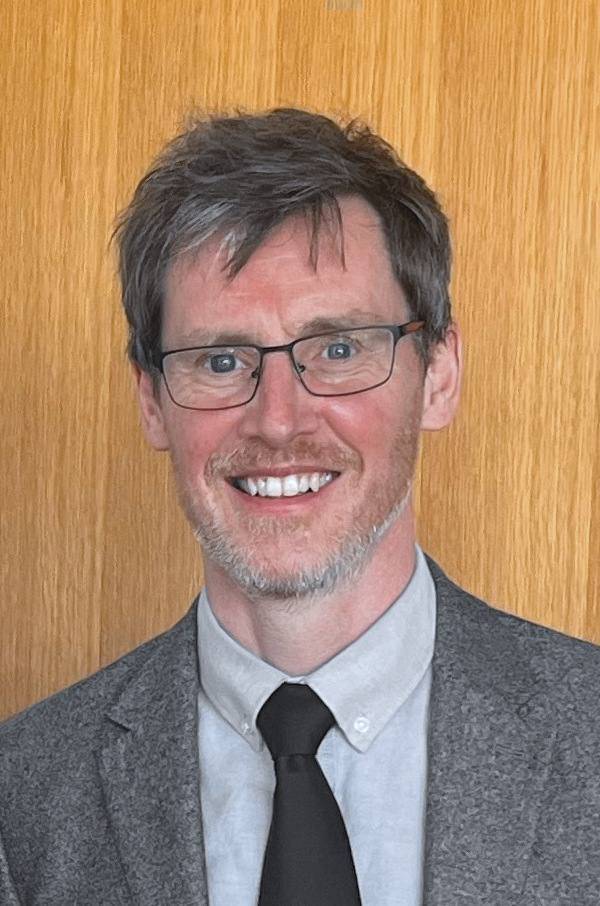
Arts & Sciences Building
University of Galway
View Profile
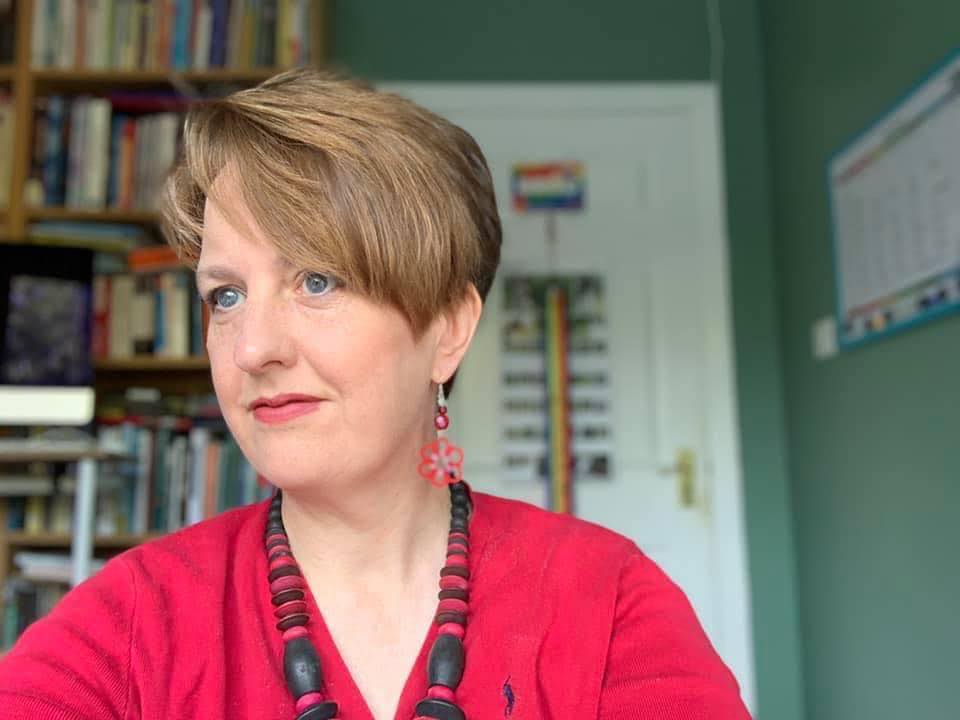
College of Arts Social Sciences
Tower 1 Arts Science Building
University of Galway
View Profile
Requirements and Assessment
Assessment varies according to each module and includes essays, projects, presentations and exams. A dissertation (15,000 words) must be submitted in August.
Key Facts
Entry Requirements
A Second Class Honours, Grade 1 BA, or a GPA of 3.3, or equivalent international undergraduate degree (at NFQ Level 8) in a relevant subject. Selection is based on applicants’ academic records, academic references stating their potential for completing a research project, as well as samples of applicants’ written work.
Additional Requirements
Recognition of Prior Learning (RPL)
Duration
1 year, full-time
2 years, part-time
Next start date
September 2024
A Level Grades ()
Average intake
15
QQI/FET FETAC Entry Routes
Closing Date
You are advised to apply early, which may result in an early offer; see offer round dates.
NFQ level
Mode of study
ECTS weighting
90
Award
CAO
Course code
MA-MEDA
Course Outline
This programme has four core modules:
- Latin: (taken at a level commensurate with the student’s prior experience).
- Research Perspectives: Students will attend Research Labs in the Centre for Antique, Medieval, and Pre-Modern Studies, which provide a forum for staff and graduate students from all subjects involved to come together in order to present works-in-progress and debate research issues.
- Palaeography : An introduction to scripts and manuscripts written from the first to the fifteenth centuries combining self-directed learning with curated online materials and team-taught workshops.
- Antiquities and Medievalisms: An examination of the object of study from its roots to its re-appropriations, this module explores how post-antique and post-medieval cultures have shaped the popular understanding of those two worlds.
In addition
- Students will choose two electives: at least one module in Language and/or Literature (Early English, French, Irish, Norse, etc.). No prior knowledge of these languages is required. They may also choose modules from Archaeology, Classics, History and other subjects represented in the CAMPS community.
- Students will produce a minor dissertation (15,000 words) under the direction of a supervisor.
Curriculum Information
Curriculum information relates to the current academic year (in most cases).Course and module offerings and details may be subject to change.
Glossary of Terms
- Credits
- You must earn a defined number of credits (aka ECTS) to complete each year of your course. You do this by taking all of its required modules as well as the correct number of optional modules to obtain that year's total number of credits.
- Module
- An examinable portion of a subject or course, for which you attend lectures and/or tutorials and carry out assignments. E.g. Algebra and Calculus could be modules within the subject Mathematics. Each module has a unique module code eg. MA140.
- Optional
- A module you may choose to study.
- Required
- A module that you must study if you choose this course (or subject).
- Semester
- Most courses have 2 semesters (aka terms) per year.
Year 1 (90 Credits)
Why Choose This Course?
Career Opportunities
Many graduates of this programme pursue research at doctoral level and beyond. Others have gone into careers in cultural and heritage development, library and museum studies, publishing and the book trade, print journalism, research consultancies, financial services, the civil service, teaching, and administration.
Who’s Suited to This Course
Learning Outcomes
Transferable Skills Employers Value
On completion of this course, students will have demonstrated competence in:
- Critical thinking
- Analytical reasoning
- Communication
- Active listening
- Writing
- Self-awareness and reflection
- Synthesis of multiple sources of information
- Research skills
- Teamwork
- Organisation through project management and time management
- Intellectual adaptability
- Interpersonal skills
- Ability to learn a second language
Work Placement
Study Abroad
Related Student Organisations
Course Fees
Fees: EU
Fees: Tuition
Fees: Student levy
Fees: Non EU
Student levy €140—payable by all students and is not covered by SUSI. Further detail here.
Find out More
Dr Catherine Emerson | Dr Frances McCormack
T: +353 91 493 801
E: catherine.emerson@universityofgalway.ie | frances.mccormack@universityofgalway.ie
Quick Links
What Our Students Say

Julia Warnes | MA Medieval Studies
Medieval Studies is ideal because of its interdisciplinary nature...One of it's most encouraging aspects is that the faculty have been so supportive and they really take an interest in the students. Galway is a great city to meet new people and make lifelong friends. Probably the number one word I would use to describe the place is "welcoming". NUI Galway is a great place to study, with it's high academic standards and supportive student environment.

Kenneth Coyne | Hardiman PhD Fellow in History, NUIG
It is a wonderful course because one can study a wide range of disciplines on an introductory level and proceed quickly onto a higher level. . . . [Although] my main focus was History and Latin . . . I learned so much from the modules I took in Palaeography, Old French and Archaeology [that] is a constant benefit to me in the course of my current research
Sign up to receive updates
2024 QS Subject Rankings: Top 250










